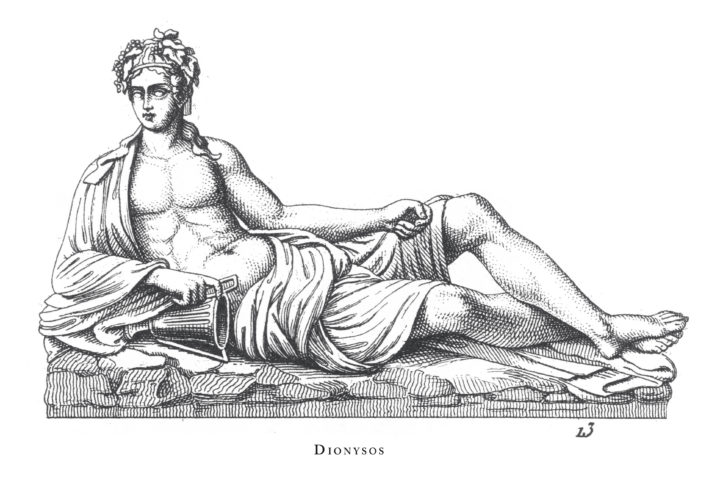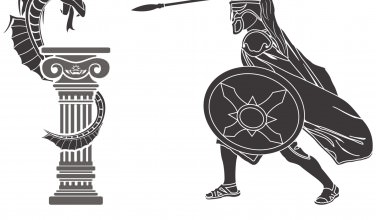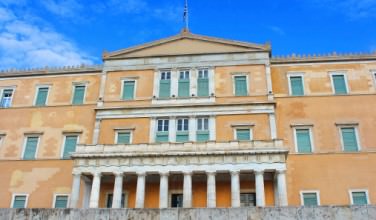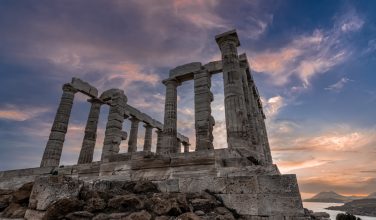Nonnus of Panopolis – the Greek Poet
Comments Off on Nonnus of Panopolis – the Greek Poet
 Nonnus is a famous Greek poet who lived in Egypt at the time of Imperial Rome. Egypt, during this time, was occupied bu the Greeks. Like many of his Greek counterparts, Nonnus of Panopolis is known for writing epic poetry of considerable length and detail. Nonnus was native to the Panopolis, or Akhmim, area. Although the period which he lived in isn’t known for sure, estimations place his life around the 4th or 5th centuries. Here’s more information about him:
Nonnus is a famous Greek poet who lived in Egypt at the time of Imperial Rome. Egypt, during this time, was occupied bu the Greeks. Like many of his Greek counterparts, Nonnus of Panopolis is known for writing epic poetry of considerable length and detail. Nonnus was native to the Panopolis, or Akhmim, area. Although the period which he lived in isn’t known for sure, estimations place his life around the 4th or 5th centuries. Here’s more information about him:
His Life
Historians don’t have a lot of evidence to work with for piecing together Nonnus’ life. It’s well accepted that he was born in Upper Egypt in the Panopolis region. This information comes from a reference in the Palatine Anthology as well as the poet’s naming in some manuscripts. Nonnus has generally been dated by scholars to the latter portion of the 4th century to the middle of the 5th. Since the poet seems familiar with the Greek Gigantomachy from Claudian, it’s apparent that he existed sometime after 397. It appears that Nonnus was followed by Agathias Scholasticus as there is a reference to the poet in the middle of the 6th century.
Nonnus is sometimes mistaken for St. Nonnus who is from St. Pelagia’s hagiographies. A bishop from Edessa who was in attendance at the Council of Chalcedon is another Nonnus with whom the poet is often confused. Ironically, both of these characters seem to be contemporaries.
His Work – The Dionysiaca
The work which Nonnus is most famous for is Dionysiaca, a 48-book poem about the life and triumphs of the god Dionysus. This epic is actually the longest surviving piece of poetry from antiquity. Dionysus was one of the most revered gods at the time, and Nonnus’ 20,426 lines of poetry comprise one of the most famous works on the character of ancient Greece.
It’s believed that the poem was written at the beginning of the 5th century. Although some scholars question the literary quality of the work, it still is an important vessel for the preservation of several myths regarding the god Dionysus that might have otherwise been lost.
His Work – The Metabole
Another surviving piece of Nonnus’ was the Metabole or Paraphrase of John. The timing of this piece is widely debated. Some textual analyses suggest that the work preceded Nonnus’ Dionysiaca. There’s a team of scholars from Italy who is currently putting together a commentary on the entire work.
The commentary covers each book, many of which have already been in circulation. It’s been shown that Nonnus was quite larned in theology of Christianity. In fact, the scholars think he was just as knowledgeable on the subject as he was in pagan myth.
There are plenty of Greek poets that were alive during various times of the country’s history. Nonnus was alive at a time when Egypt was occupied by the Greeks and was therefore considered to be a Greek citizen at the time.
Source:
Categorized in: Modern Greek History
This post was written by Greek Boston





